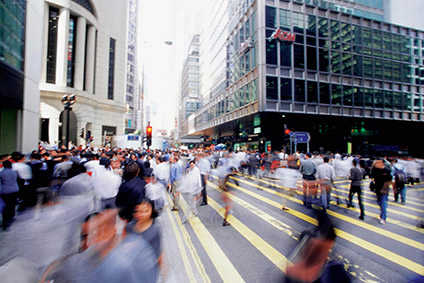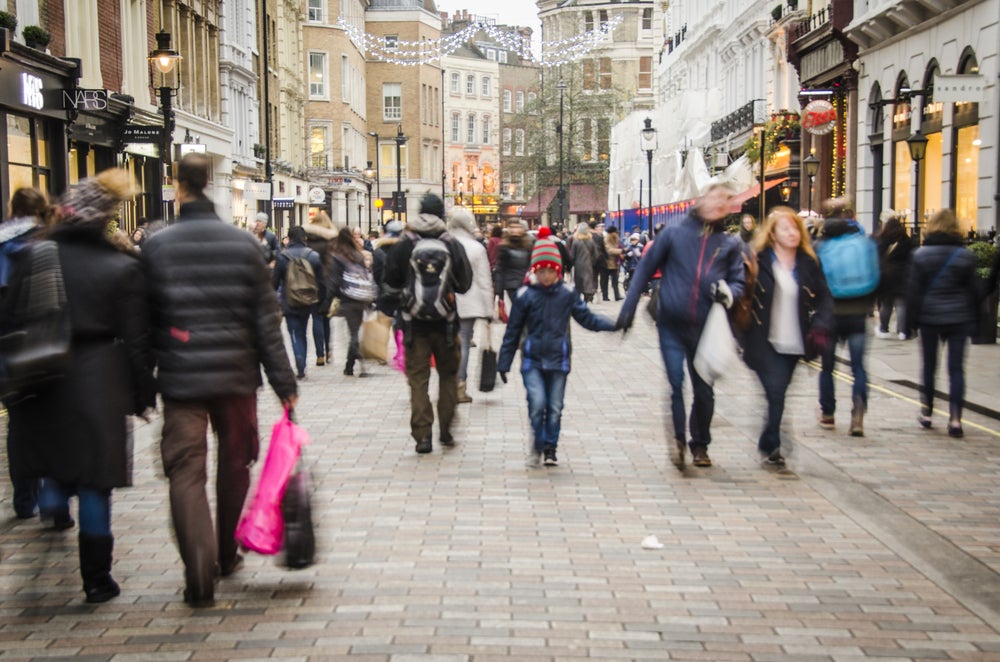
With some retailers starting to open stores in the US, economic recovery from the coronavirus pandemic is likely to be gradual and will vary by location, an economist has warned.
“Getting back to work or shopping in a pre-virus manner is difficult to predict at this time, with households likely to tiptoe back in rather than making an immediate return to the lives they experienced before,” says National Retail Federation (NRF) chief economist Jack Kleinhenz.
“As states begin to slowly reopen and assuming the coronavirus does not come back, the economy should begin a process of gradual recovery. My overall impression is that the recovery will have fits and starts among states, regions and cities depending on the severity of the pandemic in their localities.”
NRF’s Monthly Economic Review notes how the pandemic has “wreaked havoc on the US and global economies” and that it could “take several months to assess the full consequences and project a path forward.”
After seeing growth an at annualised rate of 2.1% at the end of 2019, US gross domestic product shrank 4.8% in the first quarter of this year, ending a record ten-year period of economic expansion. That was the largest drop since 8.4% in the fourth quarter of 2008 during the Great Recession.
Considering that the economy was buoyant up through the middle of March, the first-quarter decline “is likely just a murmur of how severely the pandemic has devastated many parts of the US economy,” says Kleinhenz. “A much deeper contraction is expected during the second quarter.”
How well do you really know your competitors?
Access the most comprehensive Company Profiles on the market, powered by GlobalData. Save hours of research. Gain competitive edge.

Thank you!
Your download email will arrive shortly
Not ready to buy yet? Download a free sample
We are confident about the unique quality of our Company Profiles. However, we want you to make the most beneficial decision for your business, so we offer a free sample that you can download by submitting the below form
By GlobalDataRetail sales saw its worst month-over-month drop on record in March, falling 8.7% from February. And consumer spending fell an annualised 7.6% during the first quarter, the largest drop since the second quarter of 1980.
Despite those declines, the pandemic has hit the retail industry unevenly. Temporarily closed stores are bearing the brunt of the impact, while stores that remain open have had customers lined up out the door to stock up on essential goods.
Consumer confidence has also taken a hit. The Conference Board’s Consumer Confidence Index was at 86.9 in April, its lowest level since June 2014, and consumers’ view of current conditions saw a record 90-point monthly drop to 76.4. But consumers’ expectations for conditions six months in the future were more optimistic, rising seven points to 93.8.
“The gap between opinions on current and future conditions indicates that consumers expect a V-shaped recovery as the economy reopens,” Kleinhenz adds. “The survey also shows that few believe the economy is in as dire a financial condition as experienced during the Great Recession.”
“In the end, shopping is more than a transaction. It is a social activity that is part of the fabric of American life, making it likely that consumers will want to return to normal shopping habits once the pandemic subsides and the economy fully reopens.”







